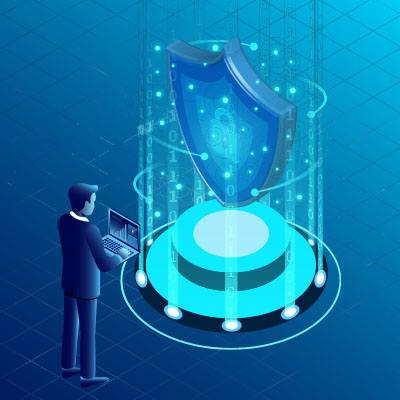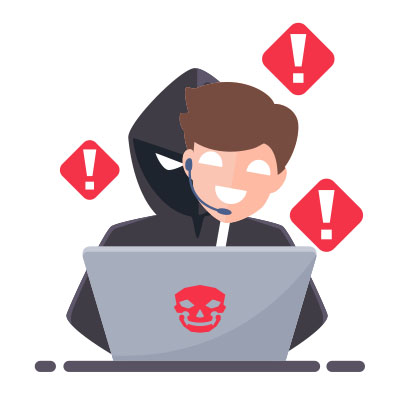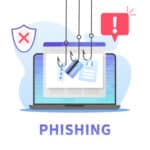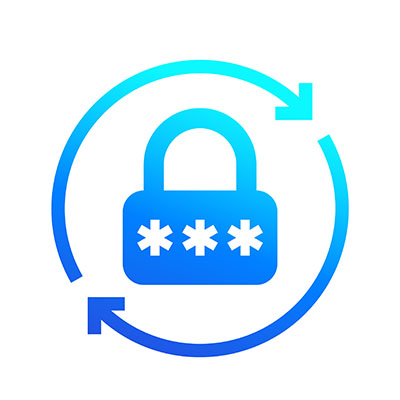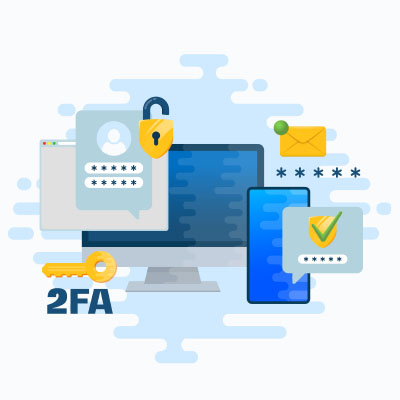Your business’ IT security effectiveness relies heavily on how well your technology works. With this in mind, educating your staff on their responsibility to safeguard your business’ digital assets is important. Let’s explore the key priorities businesses need to consider to establish a robust security training platform that works to protect those assets.
If you’re in the know about cybersecurity and, specifically, mobile malware, you might have heard the name XLoader in the past. The malware has gone through considerable versions and variations, allowing it to steal information from users in more than seven countries, but the most recent is incredibly scary.
Picture this scenario: while going about your daily routine, an email lands in your inbox, purportedly from a cybersecurity company. The alarming claim is that you’ve become the target of a hacking attack. Despite lacking IT expertise and being unfamiliar with your security agency’s protocols, you trust the message and promptly respond. Little do you know, the email is a cleverly disguised cyberthreat, and you find yourself ensnared in their trap.
Imagine this scenario: amidst your daily routine, an email arrives in your inbox, seemingly from a cybersecurity company. The alarming assertion is that you’ve become the target of a hacking attack. Despite lacking IT expertise and being unfamiliar with your security agency’s procedures, you trust the message and respond promptly. Unbeknownst to you, the email is a shrewdly disguised cyberthreat, ensnaring you in their trap.
Even though passwords are not the most reliable security measure out there these days, they are still important and the first line of defense against potential threats. Today, we want to discuss how you can make better passwords for all of your accounts.
As a business owner, you know the importance of protecting your company from potential risks and liabilities. That’s why you have business insurance to safeguard your assets and mitigate potential losses. But what happens when your insurance provider starts asking about your cybersecurity measures? In today’s digital age, cyberthreats are a growing concern for businesses of all sizes. According to a report by the Ponemon Institute, the average cost of a data breach for a company is $3.86 million. This is why insurance companies are now taking a closer look at a business’ cybersecurity measures before providing coverage. In this article, we’ll explore why your insurance provider is asking about your cybersecurity and what you can do to ensure you have the necessary measures in place.
A single oversight can potentially nullify the effectiveness of your cybersecurity measures. For instance, even if you’ve implemented security measures like multifactor authentication, a phishing scam or certain malware variants could grant unauthorized access to your email, compromising all the data stored in your inbox.
Data security is one of those things that you have to stay out in front of. Hackers and scammers are changing tactics and getting a little more sophisticated as time goes on and it creates a pretty difficult situation for most IT administrators. Utilizing multi-factor authentication (MFA), two-factor authentication, or whatever it is called by the application you are using has become a great way to add an extra layer of security to organizational data protection efforts. Today, we will discuss the benefits of this strategy and why it isn’t a be-all, end-all to your overall security.
Data security is an integral part of not just business operations but everyday life at this point. Most people agree that specific measures to protect data security, like verifying emails and updating antivirus software, are reasonable. However, one aspect that many people fail to consider is oversharing information on social media.
The cloud gives businesses more opportunities than ever to change operations for the better, but a poorly configured cloud could create more problems than it solves—including the potential for a security breach! Here are some of the most important reasons why you must configure your cloud solutions properly.

